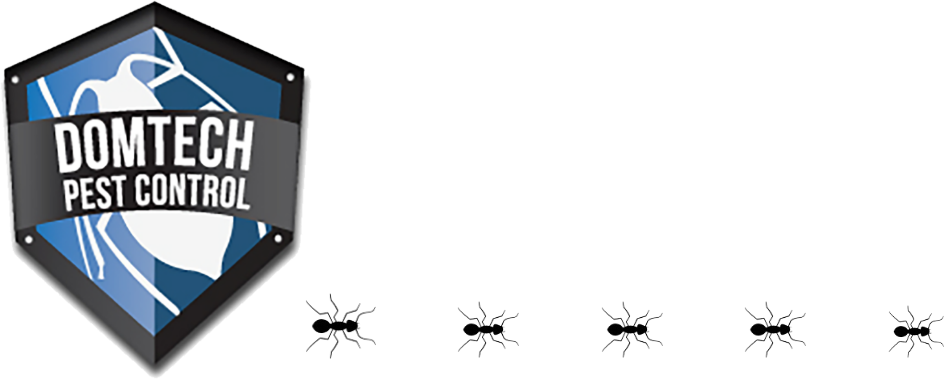Mosquitoes
With over 3,000 species around the world, these pesky insects have an uncanny ability to spoil time outdoors for many.
Pesky visitors
The mosquito (scientific name Culicidae) has a nasty reputation for biting, buzzing, and spreading diseases. It is one of the most annoying and despised insects in Ontario (and likely many other places around the world).
Adult mosquitos are typically between 3-9 mm in length, with long thin legs, a single set of wings, and a very long nose (called a proboscis). Female mosquitoes use their proboscis to bite and draw blood. Tiny scales cover their wings and body. Males are smaller than females, and have a shorter lifespan.
Mosquitoes tend to make their unwanted appearance between dusk and dawn, which can spoil an evening BBQ, cocktail party, event, and a lazy night by an outdoor fire. They locate their victim through sensing exhaled carbon dioxide, temperature, body odours, and movement. They are inactive on hot sunny days as these conditions cause them to dry out and die. Mosquitoes will be active during the day in shaded areas or on overcast days.
Enjoy your big event–with no annoying pests
Mosquito bites are dreaded because they itch terribly, and can cause varying allergic reactions (irritation, inflammation, and swelling). They are also feared because they can spread diseases such as West Nile Virus, dengue and malaria, filariasis (also called elephantiasis), and encephalitis.
Just hearing the high-pitched buzzing (made from their single set of wings) of a mosquito is enough reason to invoke a violent swing from a fly swatter. Humans are not a mosquito’s preferred choice for a meal. They would rather dine on cattle, horses, and birds. They also feed on nectar from flowers and other plant sugars.
Some mosquito types will cannibalize other mosquitoes. Mosquitoes are a favoured food source for frogs, dragonflies, birds, bats, and thousands of other animals.
Only female mosquitoes bite, and they often bite after mating to gain nourishment from the blood for egg generation and development. Depending on the species, some mosquitoes can produce 100+ eggs in a single laying. Females will lay eggs every few days for as long as they live, which ranges from 2 weeks to 6 months. Mosquitoes need water for their eggs to hatch, which is why females commonly lay their eggs in sources of standing water, both natural (like puddles) and man-made (like bird baths).










